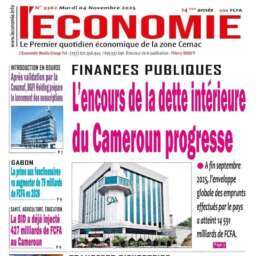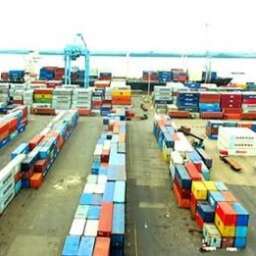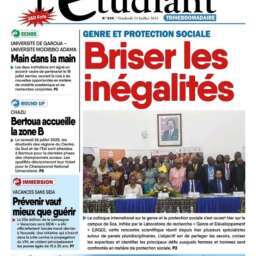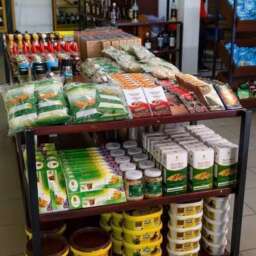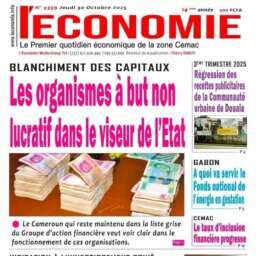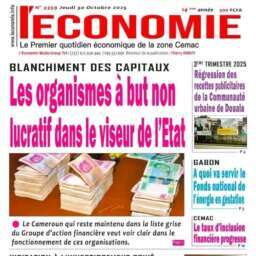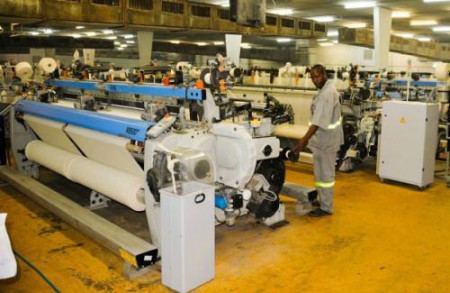(Business in Cameroon) – The Cameroonian government plans to invest CFA70.2 billion to relaunch the operations of the Cotonnière industrielle du Cameroun (Cicam), once a major player in Central Africa’s textile sector. The plan was revealed in the African Development Bank’s 2025 country report on Cameroon.
The investment is part of Cameroon’s broader effort to strengthen domestic value chains. The AfDB report lists it alongside other strategic projects, including the restructuring of the state-run aluminum company Alucam. The new funding is expected to increase Cicam’s cotton processing capacity sixfold by 2030.
Cicam, formerly a dominant force in the textile industry, now controls just 5% of Cameroon’s cotton-textile-apparel market, a steep decline from its historic 80%. Officials attribute the company’s decline to market saturation by low-cost fabrics and clothing from China and West Africa—much of it smuggled—as well as the rise of secondhand clothing.
While the AfDB report does not outline how the CFA70.2 billion will be used, the 2030 timeline suggests the initiative falls under Cameroon’s National Development Strategy 2020–2030 (SND30). The strategy aims to structurally transform the economy, with cotton at the center of industrial ambitions.
Under SND30, the state plans to raise cotton output by the national producer Sodecoton to 600,000 tons annually—up from the current 350,000 tons—and to process at least 50% of that cotton locally by 2030. Achieving this target requires a robust apparel and garment manufacturing industry.
According to government projections, the revitalized textile sector will first serve public institutions, supplying uniforms and clothing for the military, police, and civil services, using at least 60% Cameroonian cotton. It also plans to meet half of the national demand for sportswear, including jerseys, tracksuits, and sneakers.
The CFA70.2 billion budget set aside for Cicam is significantly higher than previous cost estimates for restructuring. A strategic review carried out in July 2023 by the now-defunct Bureau de mise à niveau (BMN), in partnership with international firm Mazars, estimated the restructuring would cost between CFA30.7 billion and CFA48.2 billion.
Under a state-led restructuring scenario without changes to Cicam’s business model, the cost would reach CFA48.2 billion, requiring CFA40.6 billion in financing. If part of the business were privatized, the cost would drop to CFA30.7 billion, with a financing need of CFA21.7 billion, according to the BMN report.




